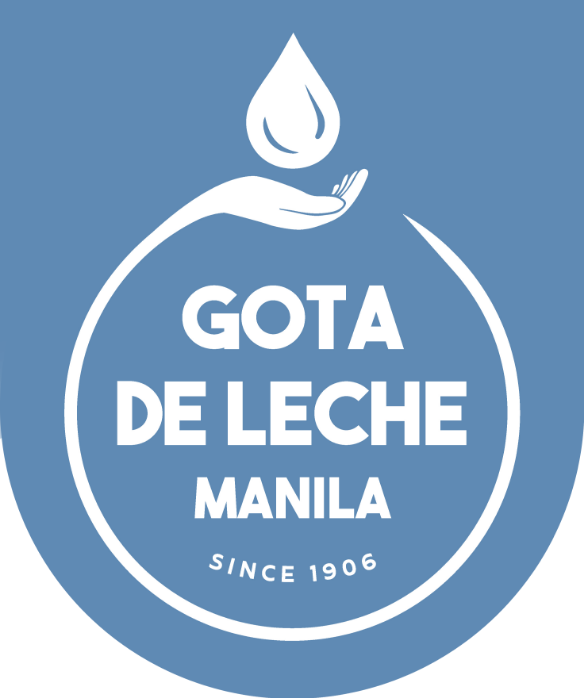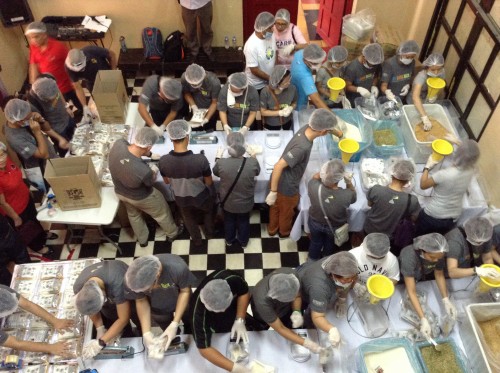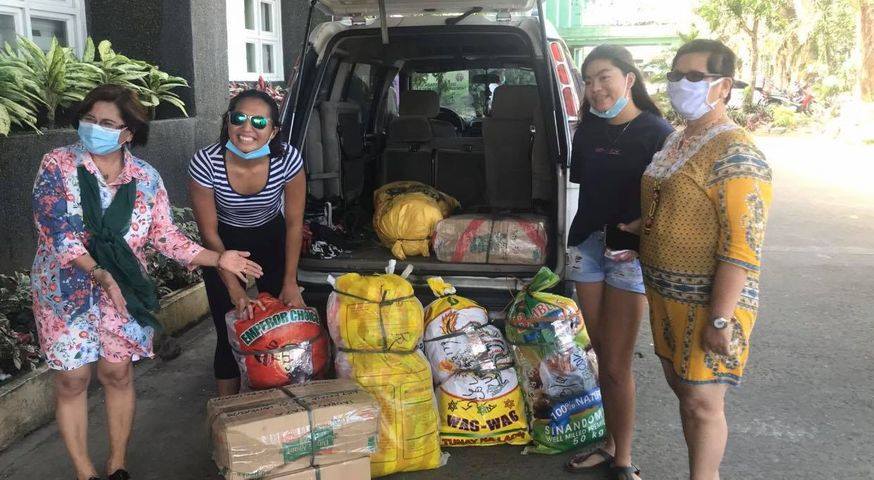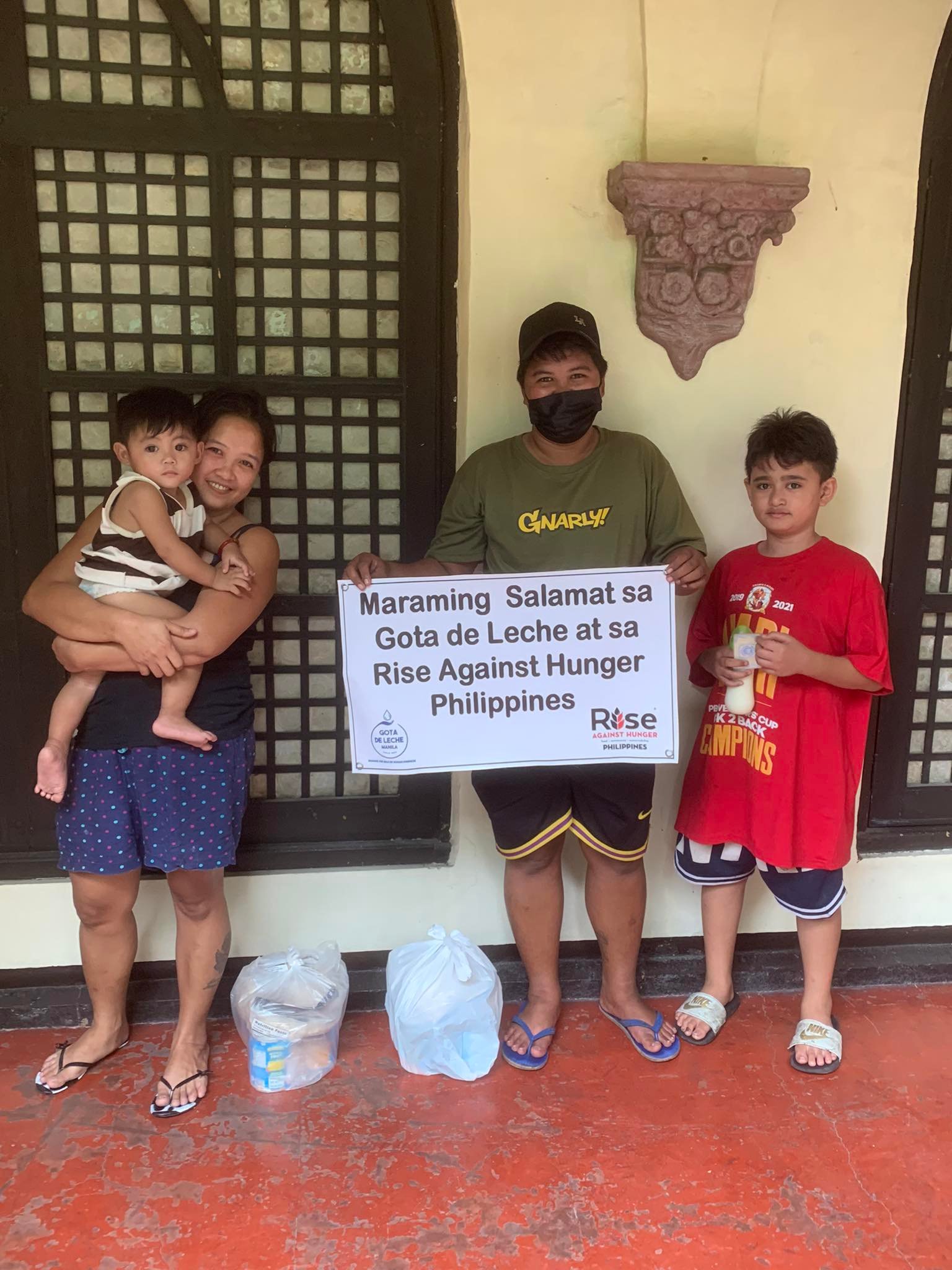News
The Philippine Feminist Movement: From the Women of Malolos to Gota de Leche
“Let us be reasonable and open our eyes, especially you women, because you are the first to influence the consciousness of man.”
So wrote our national hero Jose Rizal in his historic letter To the Young Women of Malolos. The letter is an important historic document not only because of its author and the ideas it shared, but for the group of women it addressed.
The missive was addressed to a group of young women from Malolos, Bulacan who sent a request to Governor-General Valeriano Weyler for permission to open a night school where they could receive Spanish language classes.
To call it a request actually downplays its importance. It would be more accurate to call their action a challenge. In 1888, women simply did not stand up and request – you could even say, demand – equal access to education. Their actions had a lasting effect on the feminist movement of the Philippines, and once could draw a direct link between the Women of Malolos and the founding of Gota de Leche.
But before we go forward to the founding of Asociacion Feminista Filipina and Gota de Leche, we need to look back at the state of education at that time.
As Rizal’s Noli me Tangere points out, Spanish friars maintained a high (some would say crushing) level of control over the natives. The friars knew that education – or to be more accurate, withholding education – was the key to keeping local populations in check. A population indoctrinated under blind faith and kept ignorant is one that is easily controlled. The friars also knew that teaching the natives Spanish could undermine their authority, since it would expose locals to progressive ideas coming out of Europe.
And so the friars exerted a vice-like grip on local education. Even if an 1863 decree ordered Spanish to be taught in the Philippines, the mandate was never enacted.
In 1888, a group of 20 women from prominent Chinese-Filipino families decided to challenge this embargo on education. The group that later came to be known as the Women of Malolos was comprised of Elisea Tantoco Reyes, Juana Tantoco Reyes, Leoncia Santos Reyes, Olympia San Agustin Reyes, Rufina T. Reyes, Eugenia Mendoza Tanchangco, Aurea Mendoza Tanchangco, Basilia Villariño Tantoco, Teresa Tiongson Tantoco, Maria Tiongson Tantoco, Anastacia Maclang Tiongson, Basilia Reyes Tiongson, Paz Reyes Tiongson, Aleja Reyes Tiongson, Mercedes Reyes Tiongson, Agapita Reyes Tiongson, Filomena Oliveros Tiongson, Cecilia Oliveros Tiongson, Feliciana Oliveros Tiongson, and Alberta Santos Uitangcoy.
The women’s efforts attracted kudos from noted reformists such as Rizal, Graciano Lopez Jaena, and Marcelo H. del Pilar.
While Gov. Weyler initially turned down their request, the women continued to appeal for their education. The Spanish Minister of Colonies Manuel Becerra, was sympathetic to the women’s struggle, and in January 29, 1889, ordered Weyler to allow the women to start their school – after all, Spain itself had decreed that the Spanish should be taught in the country.
Gota de Leche and its roots in early feminism
Ten of the Women of Malolos went on to found Asociacion Feminista Filipina in 1905, the first formal feminist group in the Philippines. The organization included some notable individuals in its ranks, such as Trinidad Rizal, sister of our national hero, and Concepcion Felix.
Coming out of the Philippine-American War, when hunger and disease spurred the rapid spread of beriberi among mothers, the Asociación turned its attention to infant mortality. 800 out of every 1,000 newborns died before reaching the age of 3 months. The Philippines had the highest rate of infant mortality in the world by the time doctors had determined that tainted milk of infected mothers was causing these deaths. This led to the founding of Gota de Leche in 1906, which saw the establishment of a milk station and dairy, a socialized distribution system of pasteurized cow’s milk, and the formulation of maternal nutrition and education programs as its first activities.
Subsequently, in 1907, La Protección de la Infancia, Inc., the country’s first independent charity organization was formed, gathering business and civic leaders, and medical doctors among its founding members. The founders’ ability to save the lives of hundreds of babies was so impressive that, during its inauguration, the highest government officials of the country described the founders of Gota de Leche as “nothing less than heroes.”
As much as Gota de Leche achieves, as many women and children it helps, its efforts will always be rooted in the spirit of the forward-thinking women of Malolos from over a century ago.



